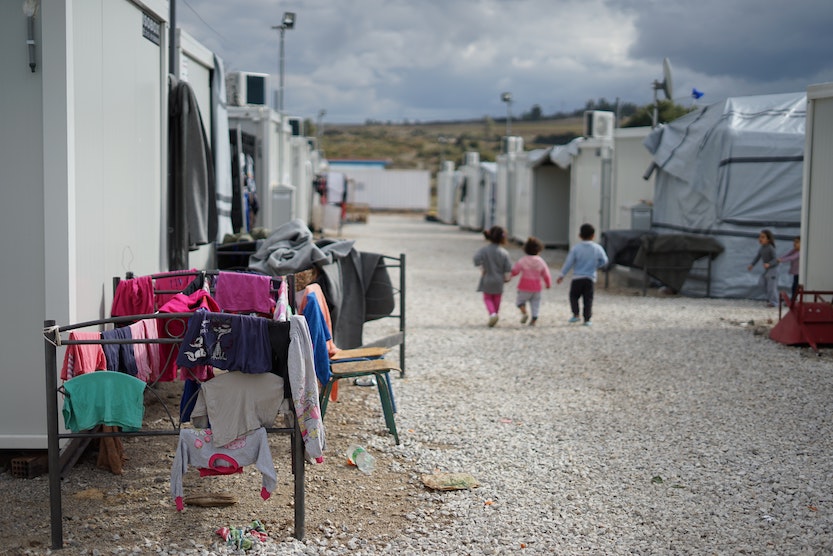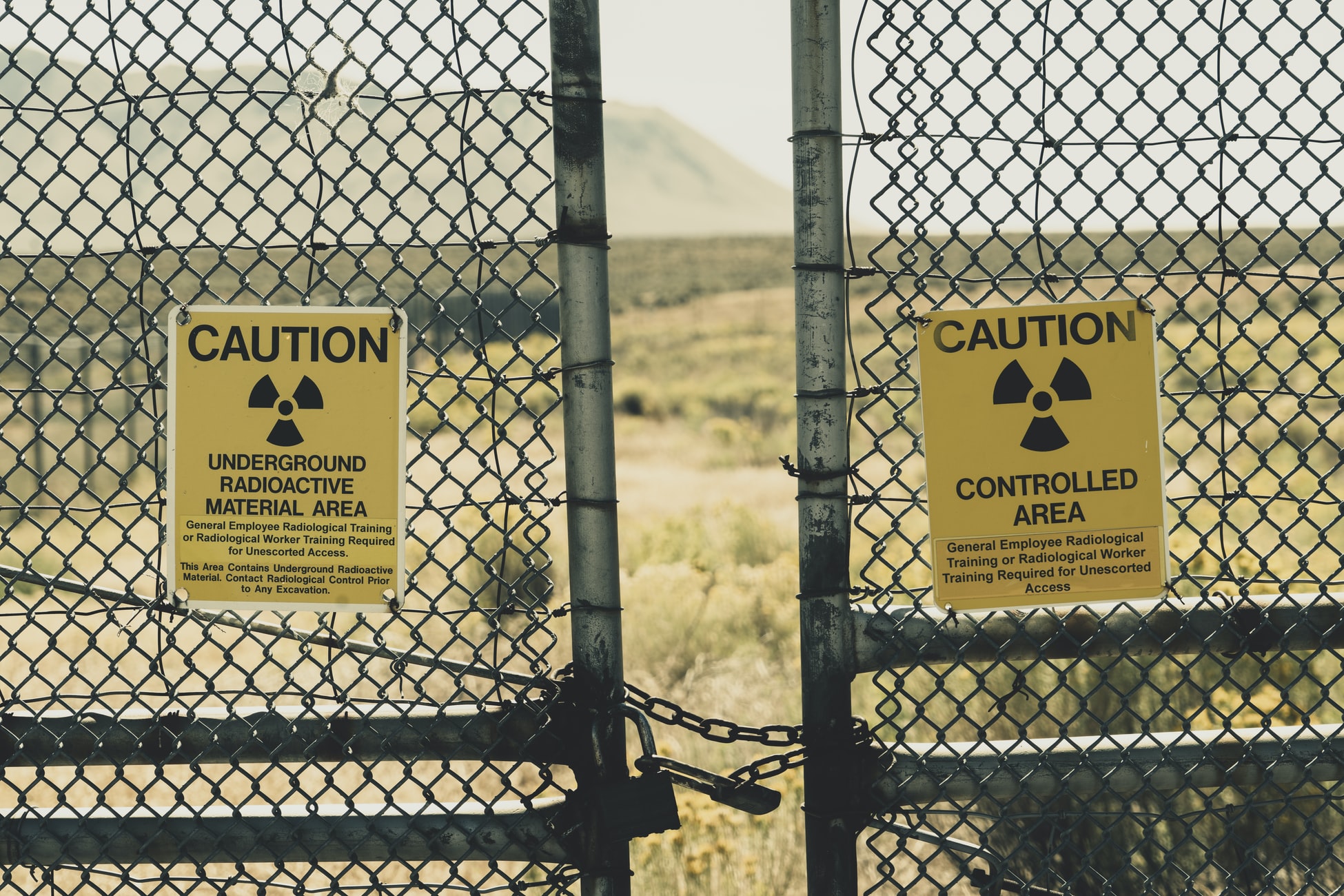Recently the fight against online (political) disinformation, also known as fake news, is a high priority at the national and international level because disinformation, “generated by the rise of online platforms and social media”,[1] can pose a peril to “political, economic stability and national security”.[2] Thus, in 2018, a High-Level Expert Group on Fake News and Online Disinformation (hereinafter HLEG) was established,[3] “in which representatives of online platforms, news media, research institutions and civil society organizations were tasked with providing the Commission with an opinion on a proposal for self-regulation in the expression of a Code of Practices” to suppress the spread of disinformation.[4]
Although the Internet has become an accessible and important place to gather and disseminate information, this accessibility also has its downside: information that is incorrect can spread at a lightning speed. Another cause is the rise in the deliberate dissemination of one-sided and fabricated information online,[5] referred to as “the use of algorithms and automation”.[6] This pollutes the public debate at its source while the news, a primus inter pares in a democratic society,[7] has the role of informing and influencing the public.[8] In addition, disinformation disturbs the democratic process of forming opinions and influencing voting behavior regarding elections.[9] It is therefore important that a solution is sought against the backdrop of the loss of democracy and the objective provision of information,[10] which provides citizens with a tool to test the accuracy of information and to be able to search for and share reliable, independent, factual information.[11]
The Code of Practices assumes a positive and negative component of disinformation.[12] The positive component assumes “verifiably false or misleading information that, cumulatively, (a) is created, presented and disseminated for economic gain or to intentionally mislead the public, and that (b) is likely to cause harm in the public domain. The negative component ensures the exclusion of unintentional errors, satire and parody or distinctive, obvious, biased news and commentary”.[13]
The issue of disinformation is a comprehensive and growing problem that does not consist of a single source.[14] There is therefore an urgent need to “maintain access to data, analysis, openness, combined with response assessment against the backdrop of changing traditional media”.[15] Thus, in view of the complexity of the issue and the rapid pace of progress in the digital field, a policy response must be comprehensive.[16] It should also continuously consider the phenomenon of disinformation and make policy objectives appropriate given the evolution of disinformation.[17] In addition, the restriction clause of Art 10(2) ECHR must be observed, whereby the law must be foreseeable, legitimate and necessary in a democratic society. Also, it is not always fair to hold social media responsible for unlawful conduct of another person on their platform.[18] The danger that threatens provider liability is private censorship; the administrator of a platform, out of fear and excitement of civil liability, would start eliminating (too) many comments than are really necessary.[19] This would disrupt the robust nature of the social debate.[20] Finally, the qualification of disinformation is not unambiguous, making it difficult to formulate legislation that can label information as ‘fake’ or ‘real’. Thus, the possibility of arbitrariness increases which encourages reluctance to hold opinions. Also, not all the different types of disinformation are harmful or even illegal.
Although online disinformation does not have a great impact in the Netherlands, in the fight against disinformation the term fake news should be distanced from it and critical thought should be given to the definition of ‘disinformation’. Through cooperation between the European Commission, online platforms, users and other stakeholders, an appropriate “division of responsibilities in the fight against online disinformation” could be achieved.[21] This would ensure the effective protection of freedom of expression and guarantee a suitable environment for it.[22]
[1] Van Til, 2019, ‘Zelfregulering door online platforms: een waar wondermiddel tegen online desinformatie?’, Mediaforum, afl. 31(1), p. 2.
[2] ‘Hoe helpen we burgers fact-checken in online discussies om desinformatie tegen te gaan?’, https://starthubs.co/bzk/Online-desinformatie-aanpakken/, (zoek op gevaar desinformatie).
[3] European Commission, A multi-dimensional approach to disinformation: Report of the High level Group on fake news and online disinformation, Luxembourg: Publication Office of the European Union 2018.
[4] Van Til, 2019, ‘Zelfregulering door online platforms: een waar wondermiddel tegen online desinformatie?’, Mediaforum, afl. 31(1), p. 3-4.
[5] McGonagle, 2018, ‘De Raad van Europa en online desinformatie: laveren tussen zorgen en zorgplichten?’, Mediaforum, afl. 30(6), p. 180-184.
[6] McGonagle, 2018, ‘De Raad van Europa en online desinformatie: laveren tussen zorgen en zorgplichten?’, Mediaforum, afl. 30(6), p. 182.
[7] McGonagle, 2018, ‘De Raad van Europa en online desinformatie: laveren tussen zorgen en zorgplichten?’, Mediaforum, afl. 30(6), p. 182.
[8] R. L. Hasen, ‘Cheap Speech and What It Has Done (To American Democracy)’, UC Irvine
School of Law Legal Studies Research Paper Series 2017, no. 38. Forthcoming, First Amendment Law Review 2018.
[9] Nieuwenhuis, 2018, ‘Fake news: een plaatsbepaling’, Mediaforu, afl. 30(6), p. 166-170.
[10] Mededeling van de Commissie aan het Europees Parlement, de Raad, het Europees Economisch en Sociaal Comité van de Regio’s, Bestrijding van online-desinformatie: een Europese benadering (C(2018) 236 final), https://eur-lex.europa.eu/legal-content/nl/TXT/?uri=CELEX:52018DC0236.
[11] ‘Hoe helpen we burgers fact-checken in online discussies om desinformatie tegen te gaan’, https://intergov.startupinresidence.com/nl/bzk/Online-desinformatie-aanpakken/ (zoek op aanpak desinformatie).
[12] M. Verstraete, D. E. Bambauer, & J. R. Bambauer, ‘Identifying and Countering Fake News’,
Arizona Legal Studies Discussion Paper 2017, no. 15
[13] Van Til, 2019, ‘Zelfregulering door online platforms: een waar wondermiddel tegen online desinformatie?’, Mediaforum, afl. 31(1), p. 7.
[14] Van Til, 2019, ‘Zelfregulering door online platforms: een waar wondermiddel tegen online desinformatie?’, Mediaforum, afl. 31(1), p.12.
[15] Hoboken J en Appelman N. (2019). De verspreiding van desinformatie via internetdiensten en de regulering van politieke advertenties. Geraadpleegd van https://www.rijksoverheid.nl/documenten/rapporten/2019/10/18/de-verspreiding-van-desinformatie-via-internetdiensten-en-de-regulering-van-politieke-advertenties.
[16] Hoboken J en Appelman N. (2019). De verspreiding van desinformatie via internetdiensten en de regulering van politieke advertenties. Geraadpleegd van https://www.rijksoverheid.nl/documenten/rapporten/2019/10/18/de-verspreiding-van-desinformatie-via-internetdiensten-en-de-regulering-van-politieke-advertenties.
[17] Mededeling van de Commissie aan het Europees Parlement, de Raad, het Europees Economisch en Sociaal Comité van de Regio’s, Bestrijding van online-desinformatie: een Europese benadering (C(2018) 236 final), https://eur-lex.europa.eu/legal-content/nl/TXT/?uri=CELEX:52018DC0236.
[18] Hoboken J en Appelman N. (2019). De verspreiding van desinformatie via internetdiensten en de regulering van politieke advertenties. Geraadpleegd van https://www.rijksoverheid.nl/documenten/rapporten/2019/10/18/de-verspreiding-van-desinformatie-via-internetdiensten-en-de-regulering-van-politieke-advertenties.
[19] Hoboken J en Appelman N. (2019). De verspreiding van desinformatie via internetdiensten en de regulering van politieke advertenties. Geraadpleegd van https://www.rijksoverheid.nl/documenten/rapporten/2019/10/18/de-verspreiding-van-desinformatie-via-internetdiensten-en-de-regulering-van-politieke-advertenties
[20] Hoboken J en Appelman N. (2019). De verspreiding van desinformatie via internetdiensten en de regulering van politieke advertenties. Geraadpleegd van https://www.rijksoverheid.nl/documenten/rapporten/2019/10/18/de-verspreiding-van-desinformatie-via-internetdiensten-en-de-regulering-van-politieke-advertenties.
[21] Van Til, 2019, ‘Zelfregulering door online platforms: een waar wondermiddel tegen online desinformatie?’, Mediaforum, afl. 31(1), p.12-13.
[22] Van Til, 2019, ‘Zelfregulering door online platforms: een waar wondermiddel tegen online desinformatie?’, Mediaforum, afl. 31(1), p.13.








